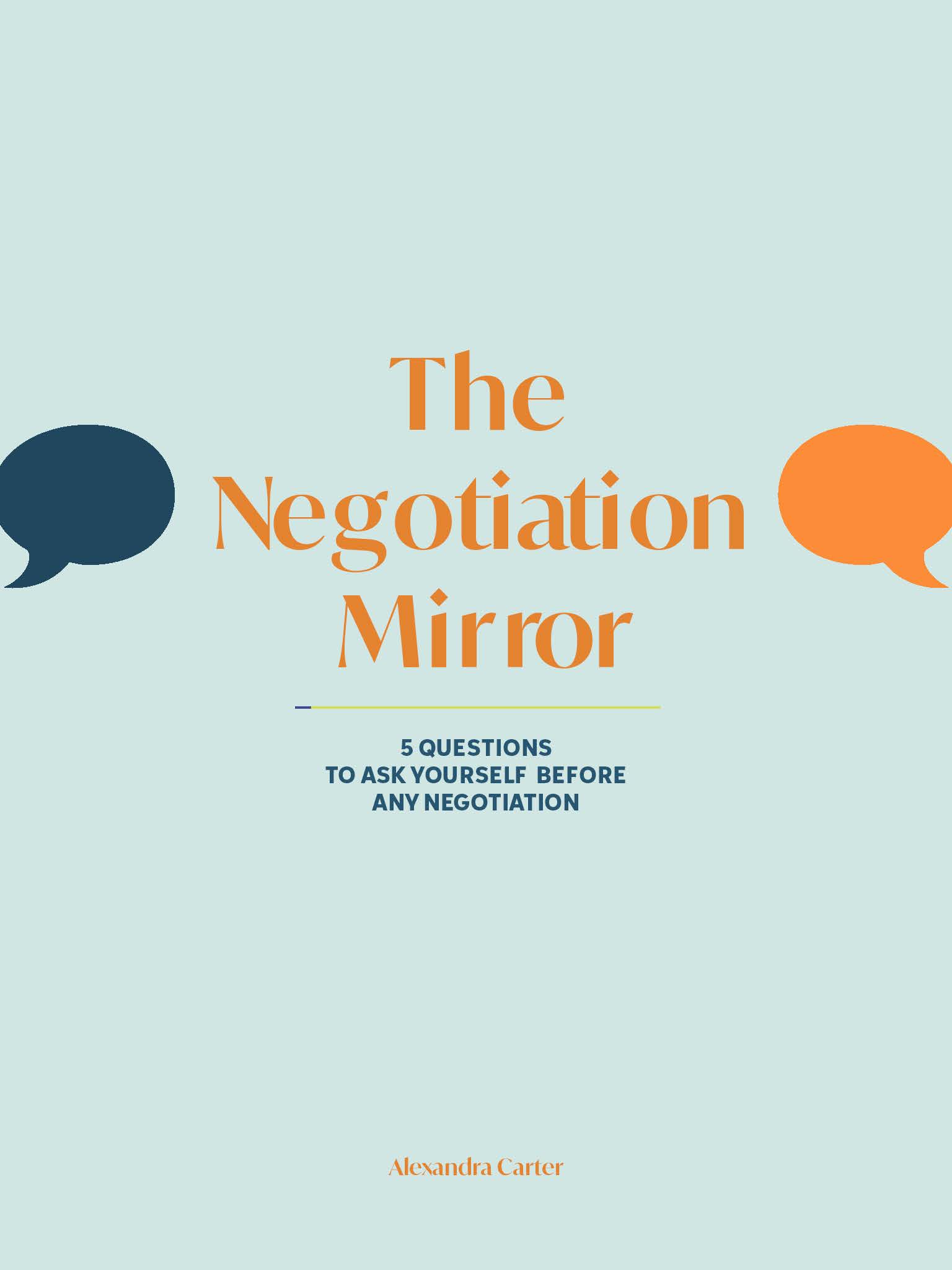The ability to work from home has been introduced to millions of employees across all levels, in an effort to slow the spread of the Coronavirus.
In many cases, you’ll likely be able to find a business that supports the personal preference to work from home or not. But what seems to be a lot more complicated, is figuring out how to negotiate this position when you’re not face to face with your employer.
Carter states that when entering an emotionally fraught negotiation, it’s wise to take initial control of the discussion by offering assurance that the ultimate goal for both parties is being as happy as possible with the end result.
One key question you really should start with is asking yourself, “What’s the problem I’m trying to solve in this negotiation?”
“When you’re clear with yourself on what the problems are that you’re trying to solve, what you really need and what that looks like,” she says, “you can then go in and say: ‘Here is my goal for this company. I see myself eventually going here or going there. How else can we work together to get me there?’”
When you’re framing your pitch, adopt the mindset that you and your boss are working on the same team to resolve a joint issue, not that you’re simply asking your employer for something you personally need.
If possible, find a way to meet virtually with your negotiation partner, whether via Google Hangout, Zoom, or whatever visual communication method of your choice. “For an important negotiation, I would always try for a Zoom call,” Carter said. “It offers you extra visual cues.
“There is huge power in being able to see someone’s body language and interpret their silence. Plus, it helps create more of a connection that can aid in negotiation,” says Carter.
Whether negotiating for a raise or the option to work from home, be ready to counter any hesitation or resistance by asking: “What are your concerns?” You’ll have a better outcome if you go into a conversation involving the other person’s input in the decision.
Otherwise, as with any negotiation, be prepared to compromise and treat the discussion as a jumping off point for further negotiations.

Get The Negotiation Mirror
Get the free PDF guidebook that will help you unlock the first step in all great negotiations: understanding yourself.